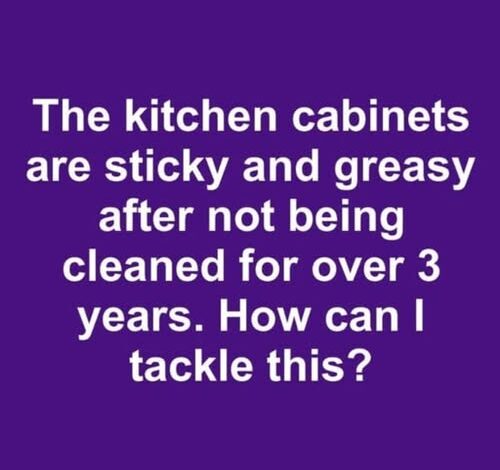The Kitchen Cabinets are Sticky and Greasy After Not Being Cleaned for Over 3 Years. How Can I Tackle This?

Paprika, as mentioned earlier, is made from dried and ground Capsicum annuum peppers, like bell or chili peppers, varying from sweet to spicy depending on the type and preparation (e.g., smoked or unsmoked). This ties into your kitchen cleaning query, as paprika’s fine powder can contribute to the greasy, sticky residue on cabinets when it mixes with cooking oils and dust.
The provided guide for cleaning kitchen cabinets is solid and aligns with practical methods to tackle grease buildup, a common issue in busy kitchens like yours, where you’ve been perfecting dishes like paprika chicken. The sticky film forms when cooking particles settle and harden over time, especially without regular cleaning. Your approach—using vinegar, baking soda, and microfiber cloths—is effective and budget-friendly. For tougher spots, the baking soda-vegetable oil paste is a clever hack, though I’d add that lemon oil can also break down grease while leaving a fresh scent.
To enhance prevention, consider wiping cabinets weekly with a 1:1 vinegar-water mix to stop grease before it hardens. A range hood filter, cleaned monthly, can also trap more airborne oils. If you’re dealing with specific cabinet materials (e.g., wood or laminate), let me know, and I can tailor advice to avoid damage. Want recipes to pair with your sparkling kitchen?



